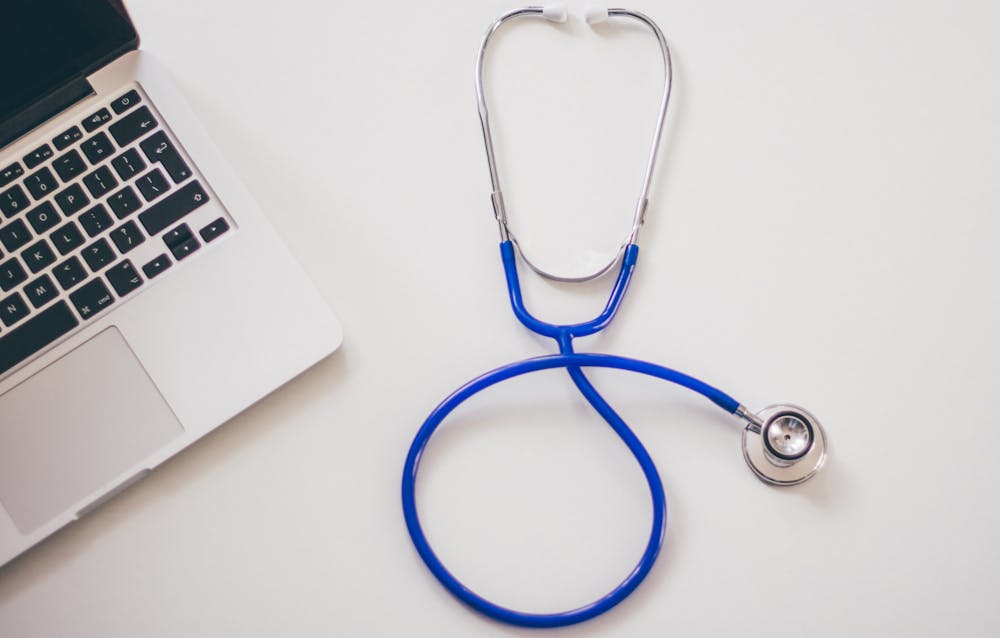The widespread effects of the pandemic that first impacted the U.S. over a year ago are still being studied, and scientists are constantly unearthing revelations about how it has impacted various populations all across the country.
A team of researchers from the Hopkins Bloomberg School of Public Health and Stavros Niarchos Foundation Agora Institute recently published a paper called “Reports of Forgone Medical Care Among US Adults During the Initial Phase of the COVID-19 Pandemic,” which discussed how many people had to miss out on medical care as a consequence of many factors stemming from the pandemic.
A study of 1,337 participants 18 years and older collected data across the nation from April to July of 2020 found that 41% of participants missed critical medical care such as medication, mental health care, preventive screenings, elective surgeries and more.
One of the main reasons why health care was neglected by respondents was financial means. Millions of Americans lost their jobs as a result of the pandemic, resulting in over 12 million people losing insurance coverage. Moreover, governments established stay-at-home orders, local practices shut down and many patients feared catching the disease if they made it to their scheduled appointments.
Officials were aware of this problem and sought to mitigate it. In an interview with The News-Letter, Kelly Anderson, the lead author of the study, explained some of these efforts.
“The federal government and state governments took several actions early in the pandemic that likely helped limit the extent of forgone care, such as removing regulatory barriers to telehealth and providing financial support through checks and increased unemployment insurance to individuals affected by the pandemic,” she said.
Another reason participants of the study reported missing medical appointments was found to be medical practice closures. Many facilities shut down, whether to allocate resources and personnel for COVID-19 response or to decrease chances of disease transmission.
Passed in late March of 2020, the Coronavirus Aid, Relief and Economic Security (CARES) Act was an economic stimulus bill for clinics and hospitals that was integral in allowing closed facilities to reopen with rigorous safety guidelines.
As Anderson explained, although missing a few checkups may not seem like an urgent issue, they can have severe ramifications if, for example, a screening could have detected a chronic or life-threatening condition.
“Forgone medical care may lead to increased rates of complications for chronic conditions as well delayed diagnoses of cancers,” she said.
Similarly, Anderson noted that the causes of missed appointments could lead to greater health-care disparities.
“This may also exacerbate disparities in access to care, as we found higher rates of certain types of forgone care, such as missing doses of prescription medications, for individuals with lower household incomes, individuals who were unemployed or not working due to disability and Hispanic individuals compared to white, non-Hispanic individuals,” she said.
This pandemic has highlighted disparities between U.S. populations, and this is particularly evident in health care. The authors of the study found that there a relationship between race, age, financial means, employment and health insurance status and whether or not respondents missed care. More Hispanics than non-whites, more senior than younger populations and more lower-income than average or higher-income participants missed doses of medication.
Furthermore, those who were unemployed or uninsured tended to forgo medical care more frequently than those who were employed. These findings made it clear that when health-care infrastructure is disrupted, it is these more vulnerable communities who are the first to be overwhelmed.
In an interview with The News-Letter, Meha Kumar, a sophomore Neuroscience major, also noted the appearance of these disparities as well as how the team’s research impacted her own life.
“Something that stood out to me was how a disproportionate amount of the people who couldn’t afford care anymore seemed to be people of color, specifically Black and Hispanics,” she said. “I related to the paper a lot because my grandparents had doctor’s appointments that they didn’t keep up with because they were scared of contracting the coronavirus.”
As explained by Anderson, revealing these repercussions of COVID-19 was of top importance.
“We wrote this paper because several peer-reviewed studies had documented dramatic declines in the utilization of specific types of health-care services,” she said, “but there were no national estimates of the extent of forgone care or analyses of the mechanisms causing forgone care.”
The results of the study can be used to help inform health-care responses to outbreaks and better understand the causes of and potential solutions to forgone care.





